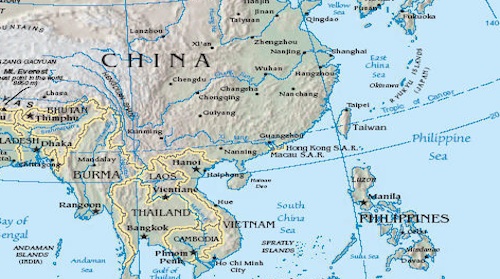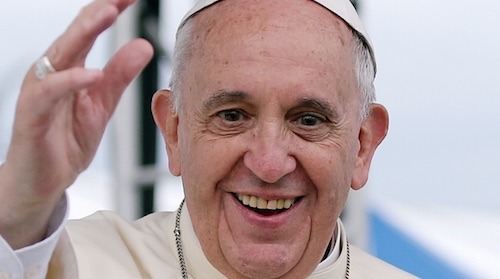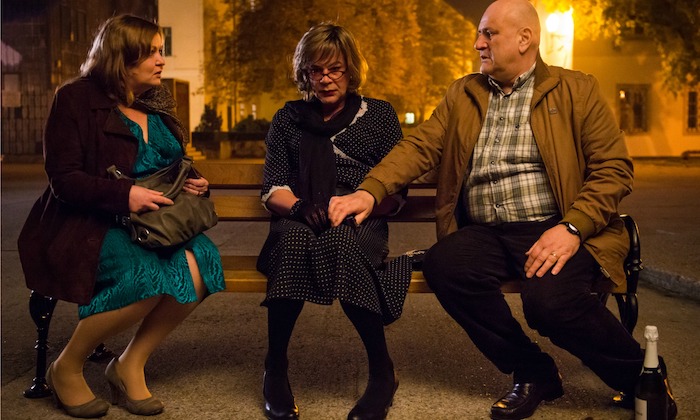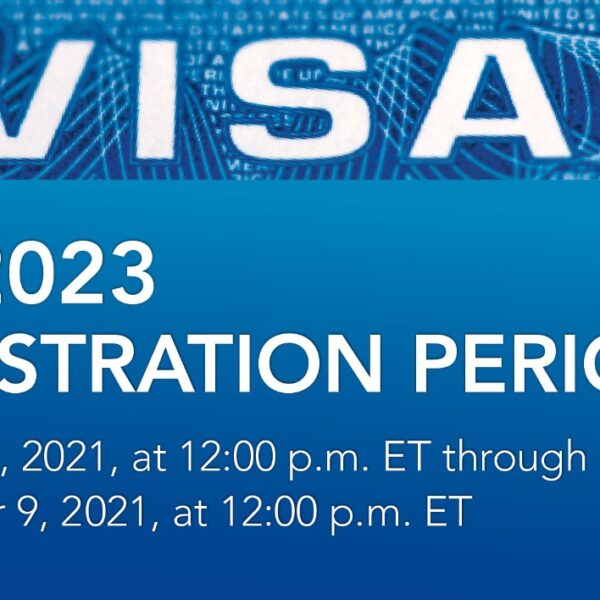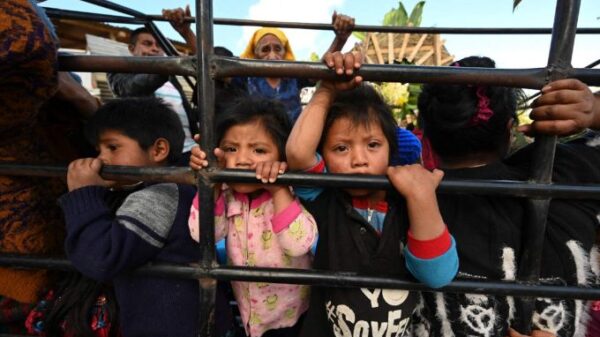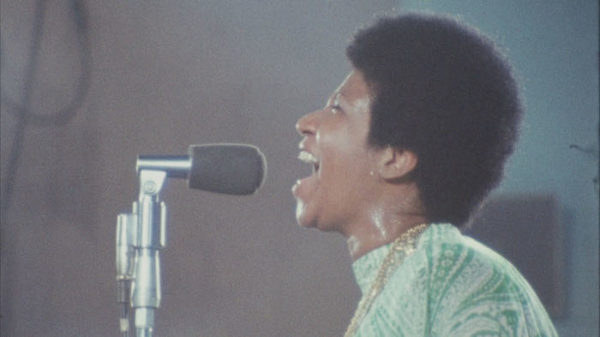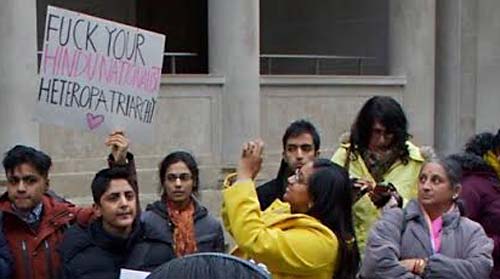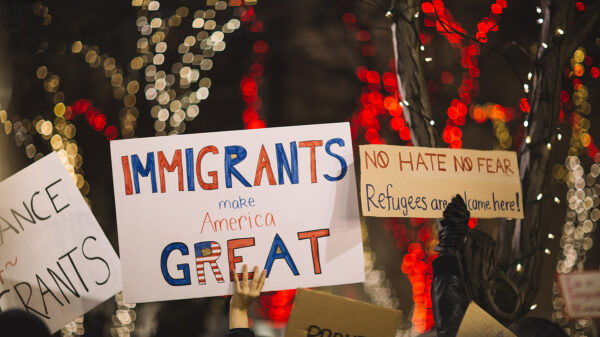Activists in Vietnam have tried to step up their campaign against this week’s visit by the Chinese leader Xi Jinping, accusing China of aggression in the disputed waters of the South China Sea and of trying to meddle in Vietnamese politics.
Some 1,700 people have put their names to an online petition demanding that the Vietnamese government drop its invitation to Mr Xi.
A small group of protesters also managed to walk through central Hanoi holding up placards denouncing the Chinese leader’s visit.
But some others attempting to show opposition to the visit were subjected to harassment and violence.
Unidentified men attacked a group of about 100 activists who were meeting in a Hanoi restaurant, while uniformed police stood by, and a well known blogger, Gio Lang Thang, was attacked outside his home.
Mr Xi will hold talks with Vietnamese leaders in Hanoi on Thursday and Friday on his first visit to the country since becoming president and general-secretary of the Chinese Communist Party.
The visit comes amid escalating tension in the South China Sea following China’s construction of what look like military facilities in the Spratly Islands, and Washington’s recent despatch of a destroyer to assert what it described as “freedom of navigation” in waters claimed by China.
Vietnam’s reaction to the US move had been muted, leading to accusations from government critics that the communist leadership is still too subservient towards Beijing.
“In the East Sea (South China Sea) the Beijing government has been trampling on international law, particularly the United Nations Convention on the Law of the Sea…with falsified history and propaganda lies,” said the online petition, which was signed by more than twenty civil society organisations.
“They often use marine surveillance vessels to attack and shoot at Vietnamese fishermen operating in their own waters,” stated the petition which accused the government of kowtowing to Chinese pressure.
Chinese officials have said that Mr Xi is going to Hanoi to enhance good relations between the two countries. Neither side has said whether they will discuss the heated dispute over contested island chains in the South China Sea.
The activists accuse China of deceit, by repeatedly reassuring Vietnamese leaders of their peaceful intentions, and then stepping up their efforts to assert control of territory in the disputed Spratly and Paracel islands.
Some Vietnamese have used Facebook, a key public forum in a society where mainstream media is tightly controlled, to express support for the visit.
The activists say they are merely claiming the right to state their opinions publicly without fear of reprisal by the state.
There had been expectations that President Obama might also visit Hanoi this month on his upcoming visit to South East Asia, a gesture that would have underlined Vietnam’s recent tilt towards Washington and attempt to assert growing independence from China.
Mr Obama’s decision to stay away – at least for now – and Mr Xi’s presence, appear to indicate the continuing strength of China’s position and influence over the Vietnamese Communist Party.
Some activists are concerned that Mr Xi will try to bolster conservatives in the Vietnamese leadership, who are wary of too close an embrace from the United States and its pressure for political liberalisation.
The visit comes at a highly sensitive moment as Vietnam makes preparations for a party congress early next year, which will see appointments to top leadership posts, including those of prime minister, president and general-secretary of the Communist Party.
The activists are calling for protests at the Chinese embassy and consulate in Hanoi and Ho Chi Minh City during the visit.
They have no expectation that such gatherings will be permitted by the authorities.

